On June 28, 2022, Professor Liu Zhongmin from the Institute of Middle East Studies at SISU published a commentary article "The "Turkish Phenomenon" Highlights the Crisis of NATO's Legitimacy" in the " Global Times ". The full text is as follows:
The "Turkish Phenomenon" Highlights the Crisis of NATO's Legitimacy

Image source: NATO
The NATO Summit will be held in Madrid, Spain from the 28th to the 30th. As one of the most talked about issues at this summit, whether Finland and Sweden can be approved to join NATO is still unresolved. In this context, according to Turkish presidential spokesperson, President Erdogan will hold a "mini-summit" with Finland, Sweden and NATO leaders before the NATO summit on the 28th. Some media commented that this was an attempt to preserve the last chance for NATO's "northern expansion."
Obviously, whether this "mini-summit" can reach a compromise is directly related to whether the formal summit can achieve the "membership expansion" results that the United States and the West want. However, Turkey's current position is categorical, "the talks do not mean that we will take a step back from our current position." Therefore, most Western media are pessimistic about Turkey, Finland, and Sweden reaching an agreement. In fact, since Finland and Sweden formally applied to join NATO in mid-May, Turkey has repeatedly expressed its firm opposition in high-profile terms. Türkiye has also had direct dialogue with Finland and Sweden, but the results have not been ideal. According to Turkish media, Turkey has listed as many as 10 conditions for Finland and Sweden that must be met. Taken together, it mainly includes three aspects, namely, the Kurdish issue, the "Gulen movement" issue, and sanctions and arms embargo issues. . On the surface, this is a disagreement between Turkey and Finland and Sweden, but in essence it is a reflection of the deep-seated contradiction between Turkey and the West.
Regarding the Kurdish issue, Turkey has designated the Kurdistan Workers Party (PKK), which has "long been engaged in ethnic separatist movements", as a terrorist organization. In this regard, the United States, Europe and Turkey have no objections. But on a deeper level, the Kurdish issue is both a security issue and a political issue for Türkiye. In terms of security, it is mainly about counter-terrorism. In terms of politics, it is mainly about national unity, ethnic policy and ethnic reconciliation. Since the European side regards the Kurdish issue as one of the criteria for measuring Turkey's accession to the EU, it has expressed dissatisfaction with the stagnation and regression of Turkey's national reconciliation policy on the Kurdish issue in recent years, and used this as a reason to prevent Turkey from joining the EU.
Regarding the issue of the "Gulen Movement", in the view of the Turkish government, the movement was the mastermind behind the attempted coup in 2016 and has been designated as a terrorist organization. However, the United States and Europe still provide a stage for the "Gulen Movement" and refuse to It will not cooperate with Turkey in extraditing leaders and members of the "Gulen Movement" who are in exile in the United States and Europe. This is just the surface of the contradiction. The deeper contradiction is that the West is dissatisfied with Turkey's domestic political development. In the eyes of the West, Turkey's practice of "continuously strengthening centralization and strengthening authoritarian rule" deviates from the "democracy, freedom, human rights and rule of law" advocated by the West, and is no longer a "beacon of democracy" in the Middle East and the Islamic world. This is also the root cause of the values that intensifies the conflict between the United States and Turkey.
From the perspective of the West, Turkey adopts policies that are inconsistent with the West on hot issues in the Middle East and continues to get closer to Russia, especially the purchase of the Russian S-400 missile defense system, which poses a severe challenge to the collective security of NATO led by the United States. In recent years, Turkey has adopted policies that conflict with the United States and Europe on hot issues in the Middle East such as the Syrian issue, the Iranian nuclear issue, and the Palestinian-Israeli issue. It has even established a mechanism independent of the West with Russia and Iran on the Syrian issue. Other platforms have made the United States and Europe strongly dissatisfied.
Therefore, Turkey is obviously targeting not only Finland and Sweden, but the entire West, especially the United States. Relevant analysts mostly believe that the key to whether Finland and Sweden can finally join NATO lies in the extent to which the United States and Europe meet Turkey's requirements. In any case, Turkey’s high-profile opposition to Finland and Sweden’s accession to NATO highlights the conflicts within NATO. In essence, it is also a manifestation of the intensification of NATO’s legitimacy crisis. That is, the purpose of NATO expansion is to seek new impetus, but internal conflicts have intensified. and the weakening of consensus leading to dilemmas and paradoxes.
First of all, as a product of NATO's first expansion, Turkey itself has always been an "alternative" to NATO, which also foreshadows the crisis of NATO losing legitimacy as it expands. As we all know, NATO was founded in 1949. Its core purpose is to fight the Soviet Union through the collective security of countries on both sides of the North Atlantic. Although Turkey strongly requested to join NATO at that time, the United States firmly refused Turkey to join NATO out of consideration of avoiding involvement in Middle East issues. Later, in the face of the expansion of the Cold War, the United States changed its attitude, and NATO admitted Turkey to join in 1952. However, since joining, although Turkey occupies an important position in NATO due to its geographical advantages and military strength, it has been at odds with the United States on many issues. The inherent contradiction is that the United States wants to play Turkey's special role in NATO, but also wants to suppress it as much as possible. Its strategic autonomy, even ignoring its national interests, is why Turkey uses Russia to balance the West.
Secondly, the generalization of security will lead to the eventual disintegration of the ever-expanding NATO. The logic of NATO's emergence and development lies in the Cold War and the military confrontation between the two camps. After the end of the Cold War, NATO lost its legitimacy after the dissolution of the Warsaw Pact. However, in order to control Europe, the United States continued to use "humanitarian intervention" and the war on terrorism to keep it alive. Later, it had to turn to "finding peace through major power confrontation". The old way of "power". During this process, NATO has completed five rounds of eastward expansion, until the United States pushed Ukraine to join NATO, triggering the Ukraine crisis and the Russia-Ukraine conflict, and then continued its eastward expansion on this basis. However, as the Russia-Ukraine conflict intensifies its backlash on European security, especially the intensified tension between the national security of NATO member states and NATO's collective security, the "Turkish phenomenon" that opposes NATO expansion will become more common.
So, on the surface, eastward expansion has made NATO larger and larger. However, due to the weakening of its organizational consensus, the intensification of internal conflicts, the intensification of nationalism and populism in various countries, and the decline of US authority and leadership, NATO will eventually be unable to escape the fate of decline and disintegration.
Source: Global Times
The opinions expressed in this article are only the personal opinions of the author or interviewee, and do not represent the position of the Institute of Middle East Studies at SISU and this WeChat subscription account.

This subscription account focuses on major theoretical and practical issues in Middle East studies, and releases academic information from the Middle East Institute of Shanghai International Studies University.
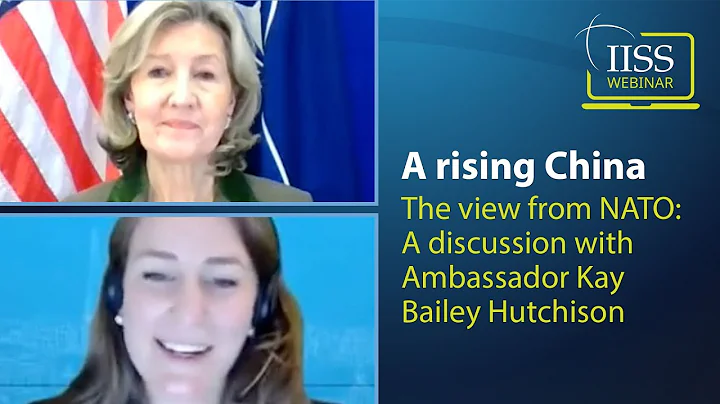




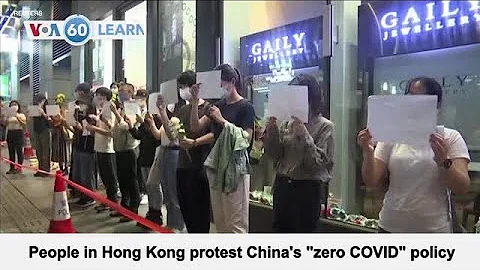
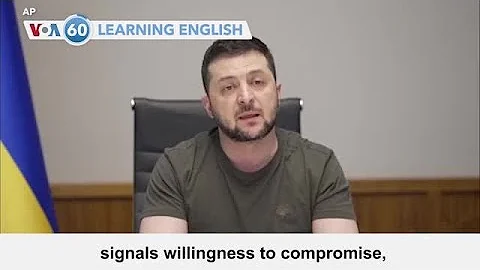
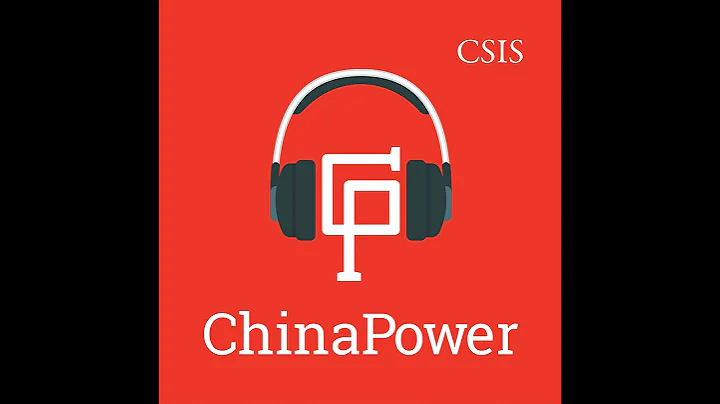


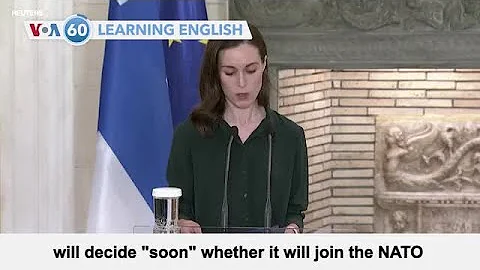
![[Source: Yulin Municipal Natural Resources and Planning Bureau_News from this Bureau] Recently, Yulin Baijiarui Fine Chemical Co., Ltd. won a 50-year use right of 500 acres of industrial land in Yulin Economic and Technological Development Zone at a total price of 45.25 million y - DayDayNews](https://cdn.daydaynews.cc/wp-content/themes/begin/img/loading.gif)









